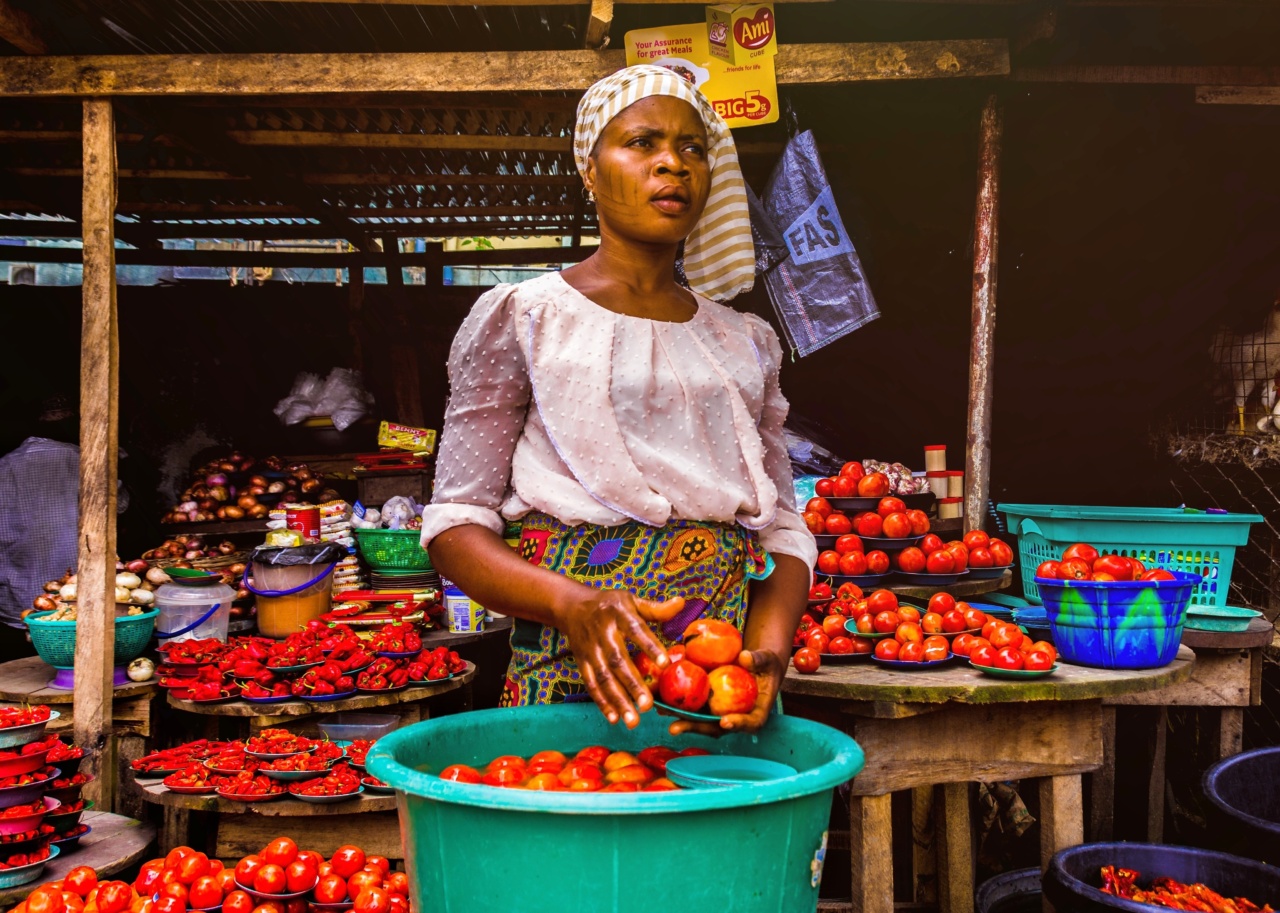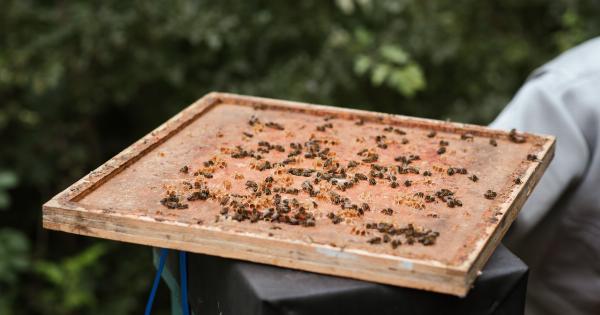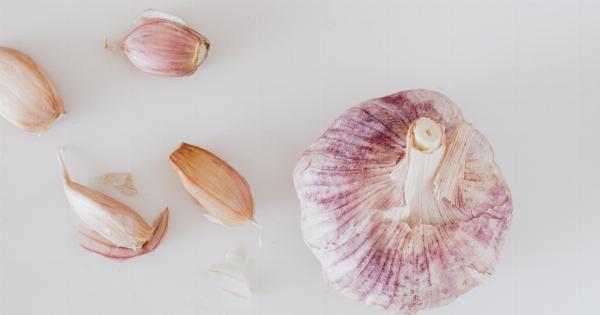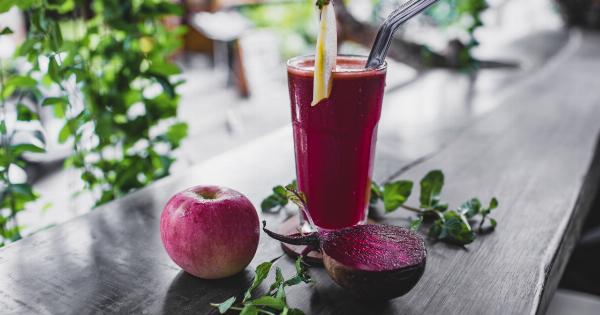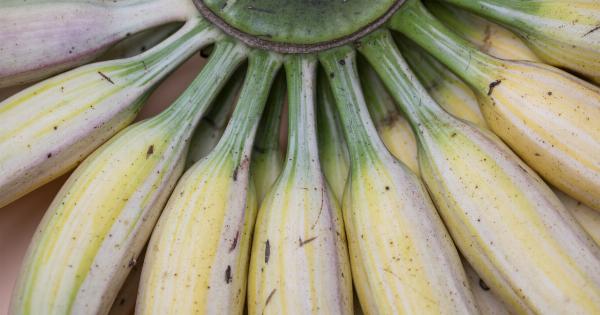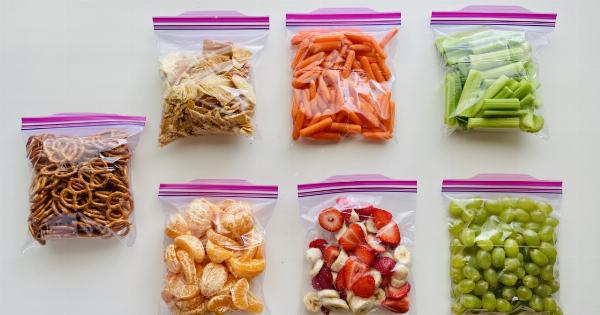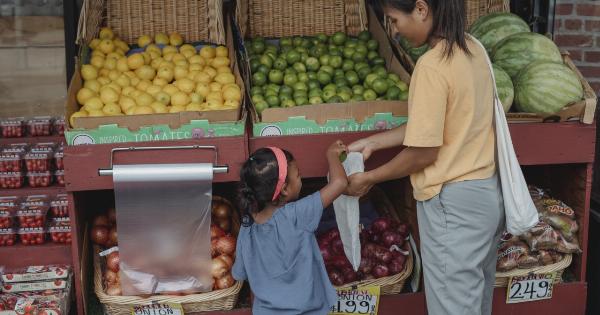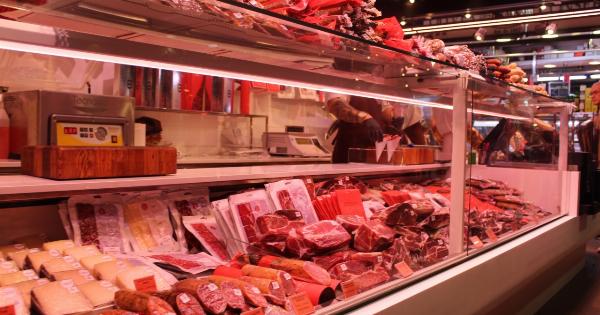Storing fruits and vegetables properly is crucial in maintaining their freshness and nutritional value. Unfortunately, many of us unknowingly ruin these nutritious produce by improper storage techniques.
In this article, we will explore ten common ways you may be ruining the fruits and vegetables you store and provide tips on how to avoid these pitfalls. By following these guidelines, you can prolong the shelf life and enhance the flavor of your favorite produce.
1. Keeping Tomatoes in the Refrigerator
Tomatoes may seem like they belong in the fridge, but this is actually one of the biggest mistakes you can make. Refrigerating tomatoes alters their texture and can diminish their flavor.
To store tomatoes properly, keep them at room temperature away from direct sunlight. If they are not yet fully ripe, place them in a brown paper bag to expedite the ripening process.
2. Storing Apples and Bananas Together
Apples and bananas are fruits that release ethylene gas, which speeds up the ripening process. While it may seem convenient to store them together, this can actually cause other produce nearby to spoil more quickly.
To prevent this, store apples and bananas separately or use an ethylene-absorbing produce bag to isolate them.
3. Washing Berries Before Storage
While it may be tempting to wash berries as soon as you bring them home, this can lead to a shorter shelf life. Moisture promotes the growth of mold and can cause berries to become mushy. Instead, only wash berries right before consuming them.
Store unwashed berries loosely in a container lined with a paper towel to absorb excess moisture.
4. Storing Potatoes and Onions Together
Potatoes and onions are versatile staples in many households, but keeping them together can be detrimental to both. Onions release moisture and gases that can cause potatoes to sprout more quickly.
Store them separately in a cool, dry place with good air circulation. Avoid storing onions near other fruits and vegetables as their strong odor can taint nearby produce.
5. Overcrowding the Refrigerator Drawers
It’s easy to stuff our refrigerator drawers with various fruits and vegetables, but overcrowding can hinder their freshness. Proper air circulation is crucial for maintaining the quality of produce.
Overcrowded drawers can lead to moisture buildup, resulting in spoilage. Allow enough space between items and consider using breathable storage bags to maximize airflow.
6. Storing Leafy Greens with Moisture
Leafy greens like lettuce, spinach, and kale require a dry environment to stay fresh longer. Storing them with excess moisture can cause them to deteriorate rapidly and develop a slimy texture.
After washing leafy greens, make sure to thoroughly dry them before storing. Use a salad spinner or pat them dry with a clean kitchen towel to remove excess moisture.
7. Leaving Citrus Fruits Out on the Counter
Citrus fruits, such as oranges and grapefruits, may seem fine left out on the counter, but they can actually dry out and lose their juiciness.
To maintain their flavor and prevent them from spoiling, it is best to store citrus fruits in the refrigerator. However, if you prefer them at room temperature, use them within a few days to ensure optimal taste and texture.
8. Improper Storage of Avocados
Avocados are notorious for their narrow window of ripeness. To delay the ripening process, store unripe avocados at room temperature. Once they are ripe, move them to the refrigerator to extend their shelf life.
If you only need to use half an avocado, keep the pit intact and store it with the cut side wrapped tightly in plastic wrap to prevent browning.
9. Storing Mushrooms in Plastic Bags
Mushrooms are highly perishable and prone to moisture, making them susceptible to mold growth. Storing them in plastic bags can trap moisture and cause them to deteriorate quickly.
Instead, transfer mushrooms to a paper bag or place them in a breathable container lined with a paper towel. This will absorb excess moisture and help extend their shelf life.
10. Not Separating Ethylene-Sensitive Produce
Some fruits and vegetables are particularly sensitive to exposure to ethylene gas. This gas is released naturally by certain produce and can promote ripening and spoilage in others.
It is crucial to separate ethylene-sensitive produce, such as leafy greens, broccoli, and carrots, from ethylene-releasing produce, including apples, avocados, and melons. Storing them separately can help prevent premature spoilage.
Conclusion
By being aware of these ten common mistakes, you can improve the way you store fruits and vegetables, enhancing their freshness and prolonging their shelf life.
Remember to keep tomatoes out of the refrigerator, store apples and bananas separately, avoid washing berries before storage, and keep potatoes and onions apart. Additionally, avoid overcrowding your refrigerator drawers, store leafy greens dry, keep citrus fruits in the refrigerator, use proper avocado storage techniques, opt for breathable containers for mushrooms, and separate ethylene-sensitive produce.
With these simple adjustments, you can enjoy the full flavor and nutritional value of the fruits and vegetables you store.
